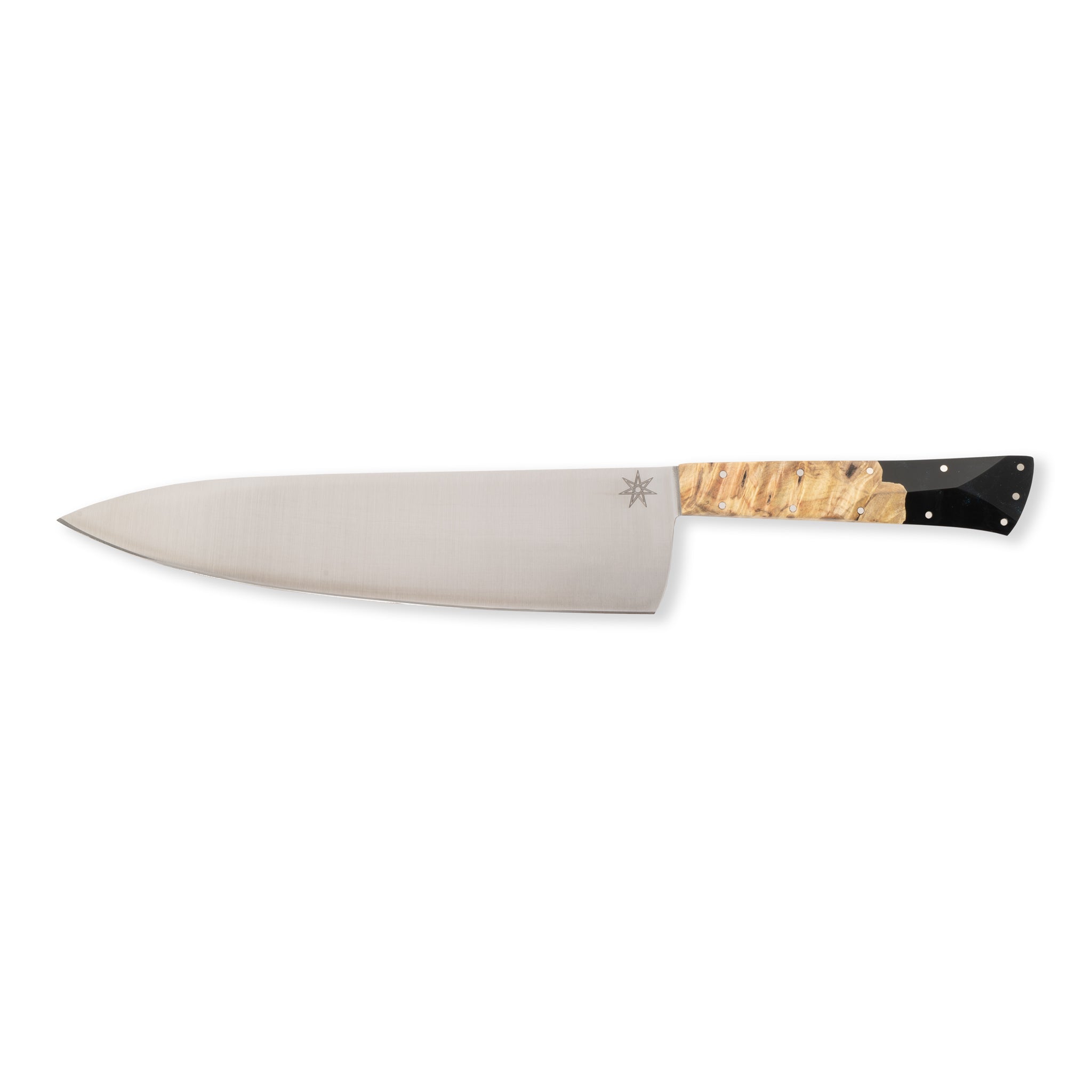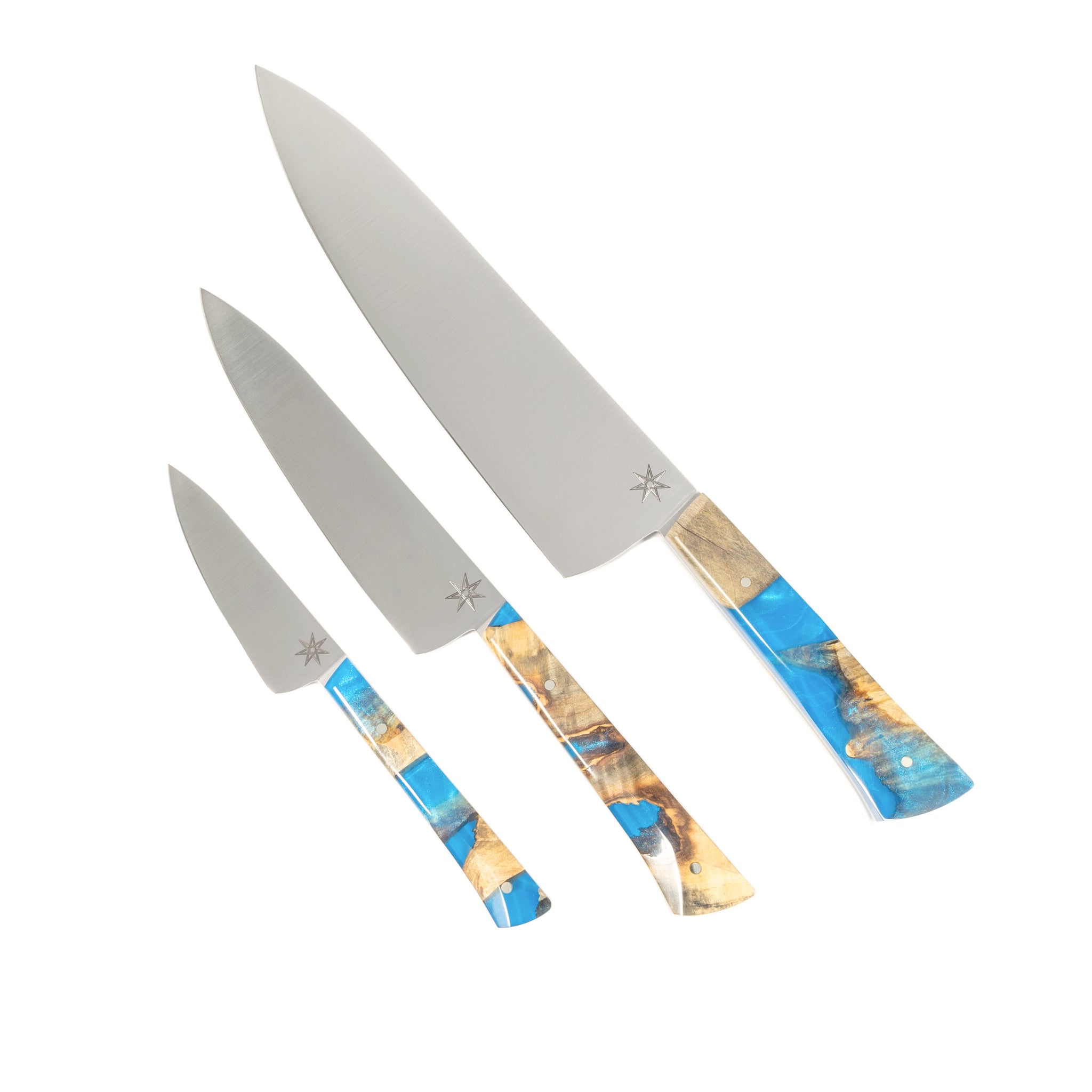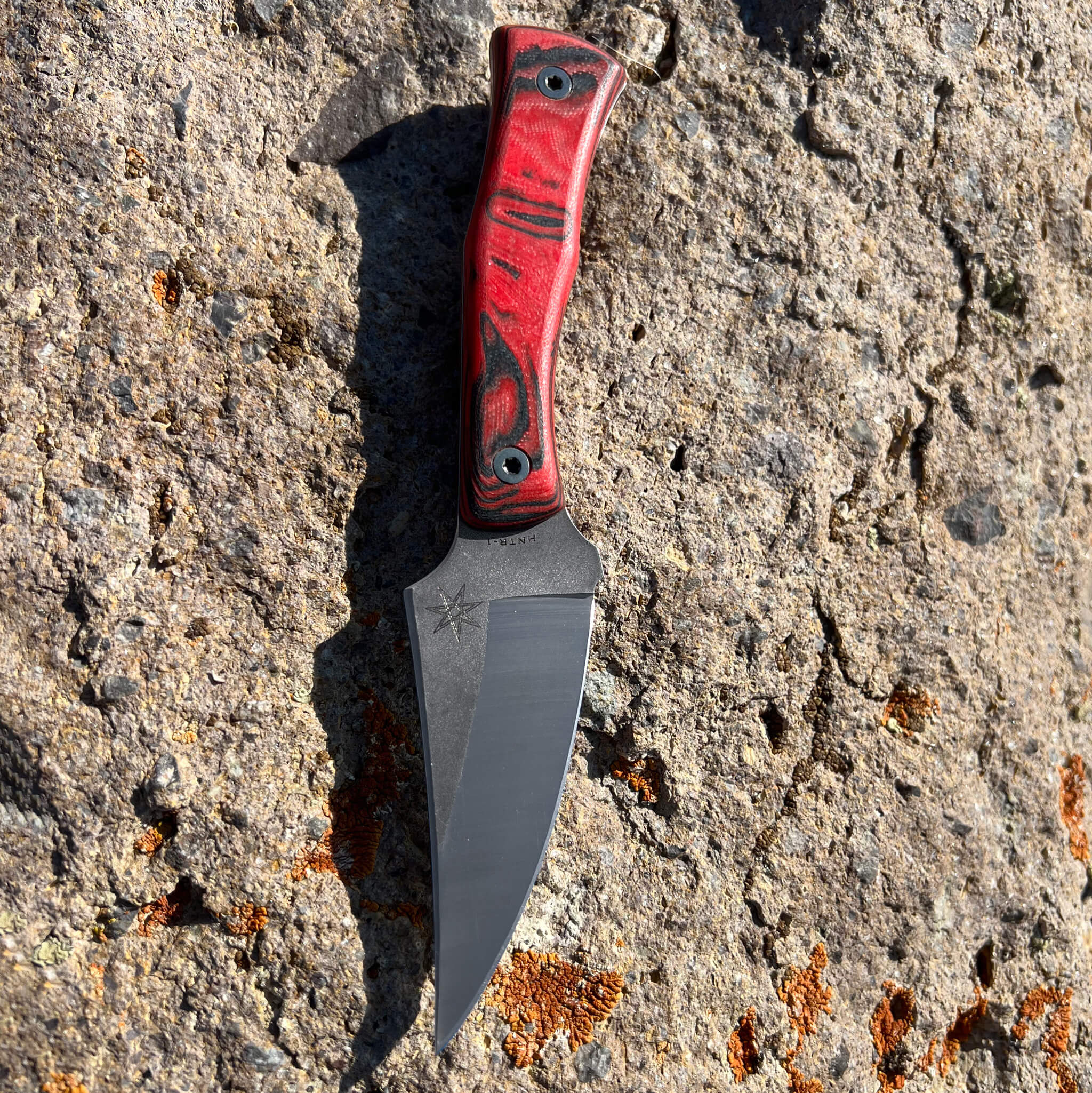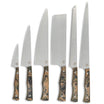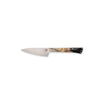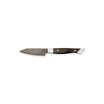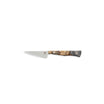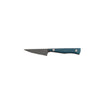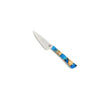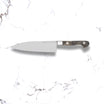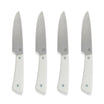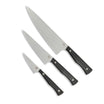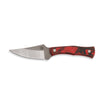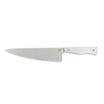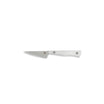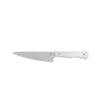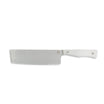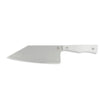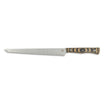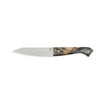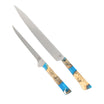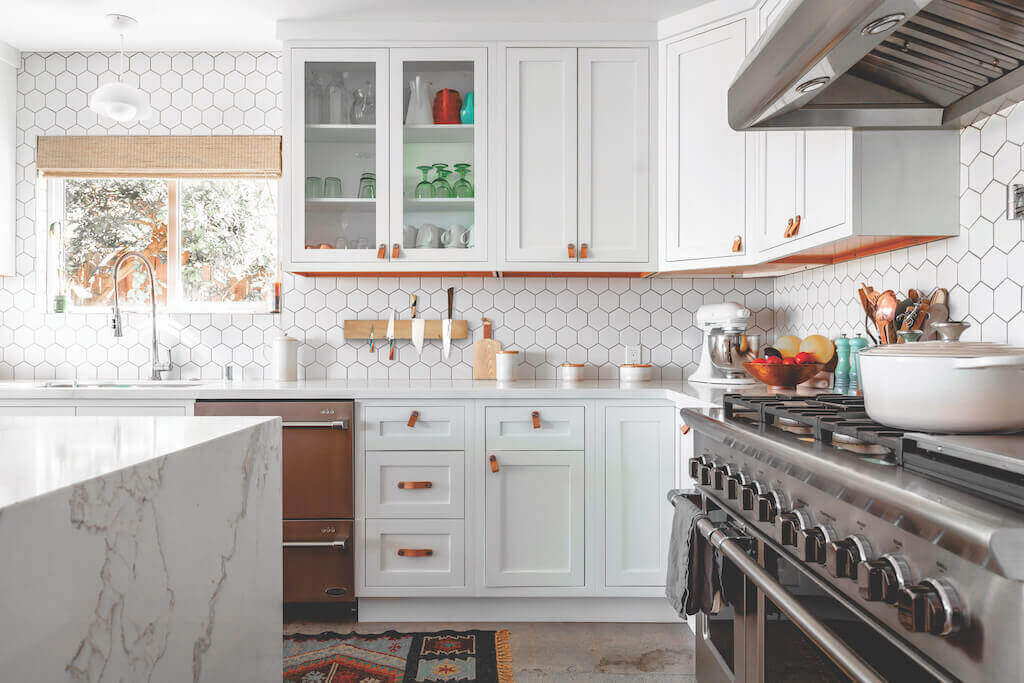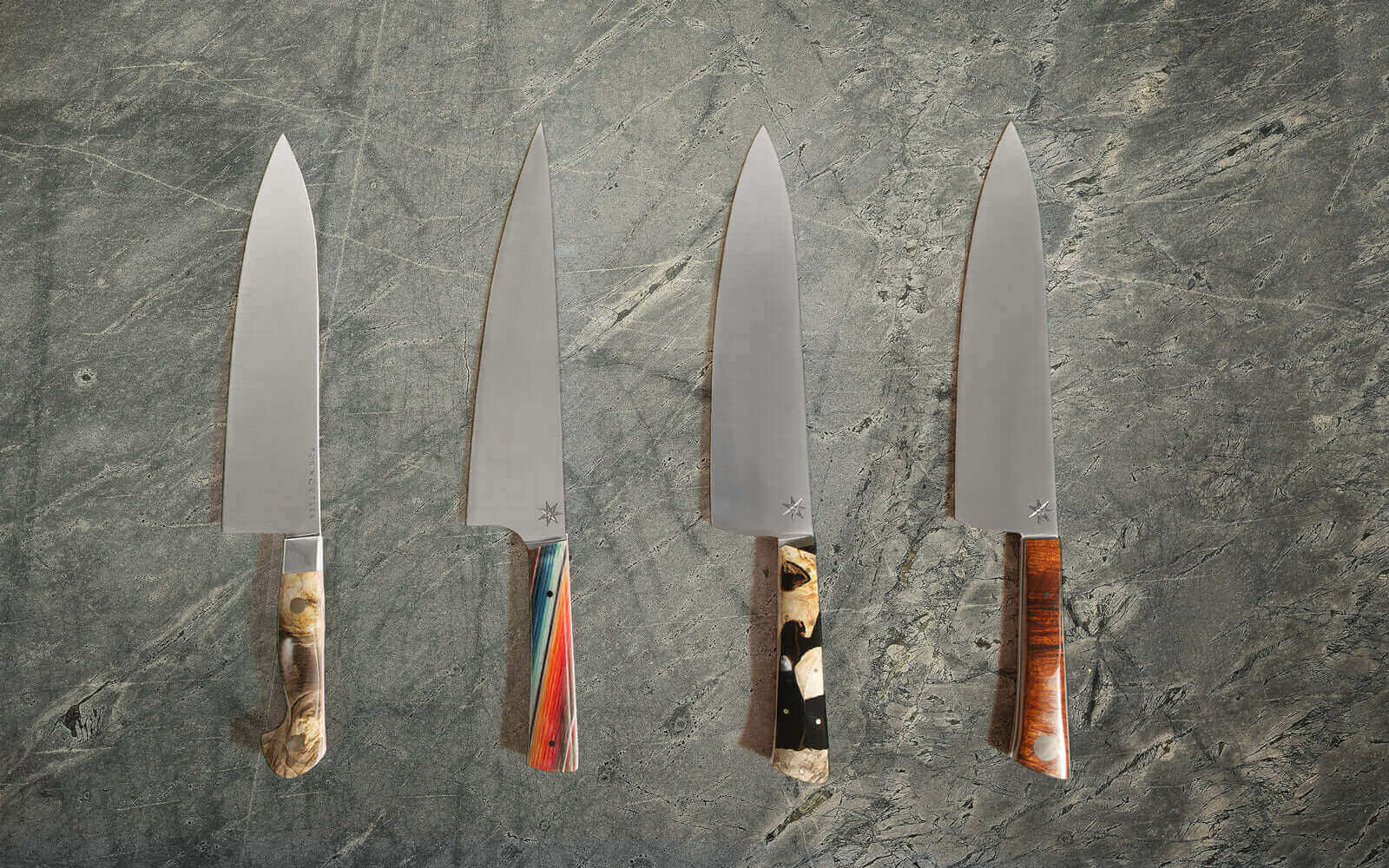Keeping your knives in good condition is important for both their longevity and their performance, the team here at Town Cutler knows a thing or two about keeping knives lasting for a long time. One of the biggest threats to the quality of your knives is rust, which can cause the blades to dull and even become unusable over time. Fortunately, there are several steps you can take to prevent rust from forming on your knives and to keep them in top shape for years to come.
In this post, we'll go over some of the best techniques for preventing rust on your knives, including proper cleaning and drying, regular maintenance, and smart storage. Whether you're a professional chef or a home cook, these tips will help you keep your knives rust-free and performing at their best.

Understand the factors that cause rust on knives
Understanding the factors that cause rust on knives is an important first step in preventing it. Rust forms on knives when iron and oxygen react in the presence of water or moisture. This reaction creates a chemical compound known as iron oxide, which we commonly refer to as “rust”. However, there are other factors that can contribute to rust formation on knives. Some of these factors include:
- Moisture: As mentioned, moisture is one of the main factors that contribute to rust formation on knives. When water is left on a knife, it can start to break down the metal, leading to rust formation.
- Oxygen: Oxygen is another key factor in the rusting process. When oxygen reacts with iron, it forms iron oxide, which is what we commonly refer to as rust. This is why knives that are exposed to air are more likely to rust than those that are kept in an airtight container.
- Salt: Salt can accelerate the rusting process by breaking down the protective layer on the knife blade. This is why knives that are used to cut food that is high in salt (such as cured meats or cheese) are more susceptible to rust.
- Acids: Acids, such as those found in citrus fruits or vinegar, can also cause rust on a knife. When acid comes into contact with the metal, it can react with it and cause the metal to break down.
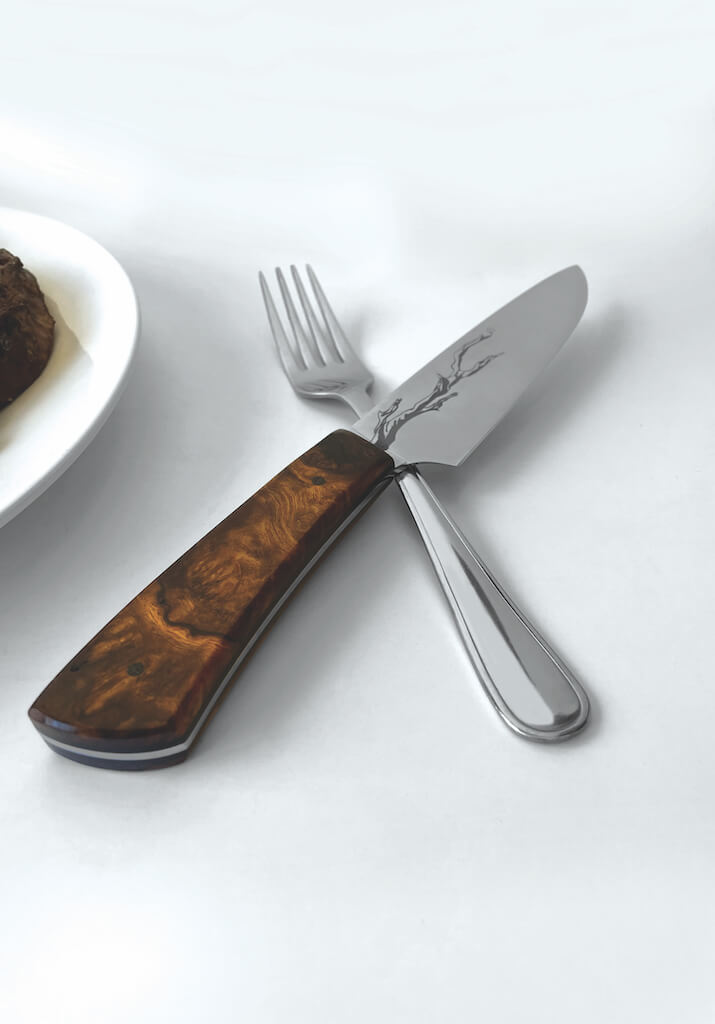
By understanding these factors, you can take steps to prevent rust from forming on your knives. In the next section, we'll go over some of the best techniques for cleaning and drying your knives to prevent rust.
Proper cleaning and drying techniques
Proper cleaning and drying are key steps in preventing rust from forming on your knives. After using your knife, it's important to clean it thoroughly and dry it completely. Here are some tips for cleaning and drying your knives to prevent rust:
- Hand wash your knife: Avoid putting your knife in the dishwasher, as the high heat and abrasive detergents can damage the blade and handle. Instead, wash your knife by hand using warm water and mild dish soap.
- Use a soft sponge or cloth: When washing your knife, use a soft sponge or cloth to avoid scratching the blade. Avoid using abrasive materials, such as steel wool or abrasive sponges.
- Dry your knife immediately: After washing your knife, dry it immediately with a clean towel. We recommend using a dry paper towel to dry your knife as it is able to wick away the most amount of moisture. Make sure to dry the entire blade and handle, paying special attention to any crevices where water can pool.
By following these cleaning and drying tips, you can prevent water and moisture from building up on your knife and causing rust to form. In the next section, we'll go over some tips for regular maintenance to keep your knife in top shape.
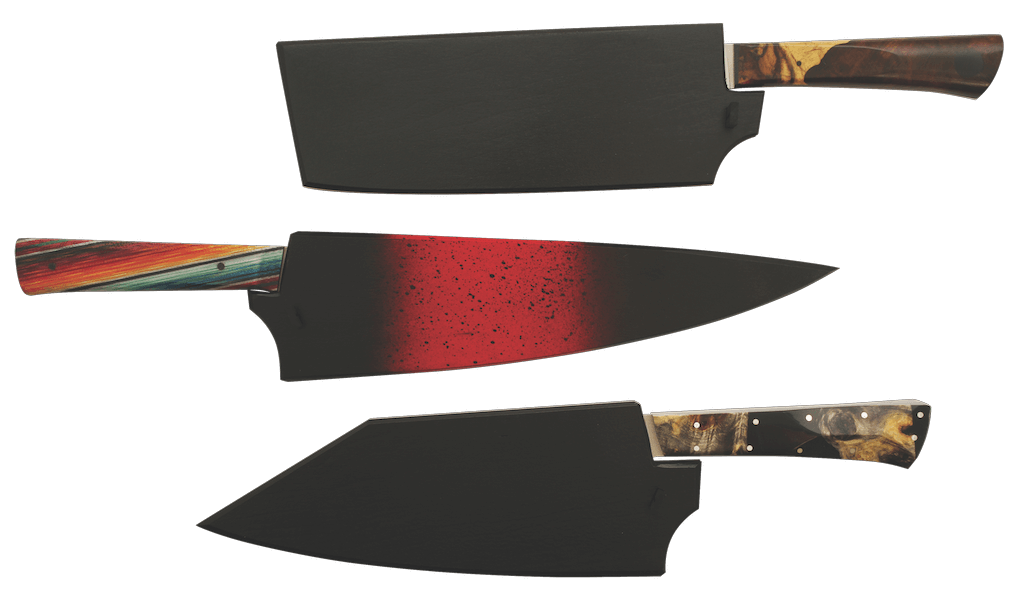
Regular maintenance
Regular maintenance is an important step in keeping your knives rust-free and performing at their best. Here are some tips for maintaining your knife to prevent rust:
- Oil your knife: Applying a thin layer of oil to your carbon steel knife can help to protect it from rust. You can use food-grade mineral oil or other oils specifically designed for knife maintenance. After cleaning and drying your knife, apply a small amount of oil to the blade and handle, and then wipe off any excess with a clean cloth.
- Sharpen your knife regularly: A dull knife can be more prone to rust, as it requires more force to cut through food and is more likely to be damaged. Sharpen your knife regularly to keep it in top shape and reduce the risk of rust formation.
- Store your knife properly: Storing your knife properly is an important step in preventing rust. Make sure to store your knife in a dry place, away from moisture and humidity. You can use a knife block, magnetic knife holder, or sheath to store your knife.
- Don't leave your knife in water: Leaving your knife in water, even for a short period of time, can cause rust to form. Make sure to dry your knife immediately after using it, and avoid leaving it in a sink full of water or a damp dish towel.
- Use a rust eraser: If you do notice some rust on your knife, you can use a rust eraser to remove it. These erasers are made of abrasive material and can be used to gently remove rust without damaging the blade.
- Use a metal polish or cleanser: If you notice any light discoloration or hueing on the blade or bolster of your knife, you can use metal polish like Flitz or a soft cleanser like Bar Keepers Friend to remove any superficial discoloration.
By regularly maintaining your knife and taking steps to prevent rust from forming, you can extend the life of your knife and ensure that it performs at its best. In the next section, we'll go over some tips for smart storage to prevent rust on your knives.

Storage techniques
Proper storage is an important step in preventing rust on your knives. Here are some tips for storing your knives to keep them rust-free:
- Use a knife block: A knife block is a great option for storing your knives, as it keeps them easily accessible and protects the blades from rubbing against other knives or utensils. Make sure to choose a knife block with slots that are appropriately sized for your knives, and avoid overcrowding the block.
- Use a magnetic knife holder: A magnetic knife holder is another option for storing your knives. These holders can be mounted on a wall or under a cabinet, and keep your knives off the counter and easily accessible. Make sure to choose a holder with strong magnets and a smooth surface to avoid scratching the blades.
- Use a knife sheath: A knife sheath is a great option for storing your knives if you need to transport them or store them in a drawer. Make sure to choose a sheath that fits your knife snugly and protects the blade from rubbing against other knives or utensils.
- Keep your knives dry: It's important to keep your knives dry when storing them to prevent rust. Make sure to dry your knife thoroughly before storing it, and avoid storing it in a damp environment.
- Never store your knives in a dishwasher: Storing your knives in a dishwasher can expose them to high humidity and heat, which can cause rust to form. Avoid storing your knives in a dishwasher and opt for one of the storage methods mentioned above.
By following these storage techniques, you can keep your knives easily accessible and in top condition, free from rust and other damage. Remember to always dry your knives thoroughly after use and take care to store them properly to ensure their longevity.
Choosing the right materials
Choosing the right materials is an important step in preventing rust on your knives. Here are some tips for selecting knives made from materials that are less prone to rust:
- Stainless steel: Stainless steel is a popular material for knife blades as it is highly resistant to rust and corrosion. It is also durable and easy to sharpen. When choosing a stainless steel knife, look for one that is made from high-quality stainless steel with a high level of carbon content.
- High carbon steel: High carbon steel is another material that is less prone to rust. It is known for its sharpness and edge retention, but requires a bit more maintenance than stainless steel. When choosing a high carbon steel knife, look for one that is made from high-quality steel with a good heat treatment.
- Ceramic: Ceramic knives are also a good option for those looking to prevent rust. They are highly resistant to rust and corrosion, as well as being lightweight and sharp. However, they can be brittle and are more difficult to sharpen.
- Titanium: Titanium knives are another material that is resistant to rust and corrosion. They are lightweight and strong, but can be more expensive than other materials. When choosing a titanium knife, look for one with a high-quality titanium alloy.
- Coatings: Some knife blades are coated with materials such as Cerakote or Diamond-Like Carbon (DLC)to help prevent rust. These coatings can provide an extra layer of protection, but may wear with improper care.
By choosing a knife made from materials that are less prone to rust, you can reduce the risk of rust formation and extend the life of your knife, YAY! Consider the above tips when selecting a knife to find the best material for your needs.
In conclusion, preventing rust on your knife is crucial for maintaining its longevity and ensuring it stays sharp and in good condition. By understanding the factors that cause rust on knives, using proper cleaning and drying techniques, performing regular maintenance, and using appropriate storage and materials, you can significantly reduce the risk of rust formation.
Remember to always dry your knife thoroughly after use and store it in a dry and safe place, using a knife block, magnetic holder, or knife sheath. Selecting knives made from materials that are resistant to rust, such as stainless steel, high carbon steel, ceramic, or titanium, can also help to prevent rust formation.
Overall, taking care of your knife and preventing rust formation will not only prolong its lifespan but also make your food preparation safer and more enjoyable. By implementing these tips and techniques, you can keep your knife rust-free and in great condition for years to come.
Sources:
- "How to Clean and Maintain Your Kitchen Knives," The Spruce Eats.
- "The Ultimate Guide to Knife Steel," Knife Informer.
- "How to Keep Your Kitchen Knives Sharp," Consumer Reports.
- "The Best Way to Store Your Knives," Kitchn.
- "How to Care for a Ceramic Knife," Epicurious.
- "Kitchen Knife Maintenance: Tips and Tricks for Storing, Cleaning and Sharpening," Food & Wine.
- "Knife Maintenance and Sharpening," America's Test Kitchen.
- "Rust Prevention and Maintenance," Morakniv.
- "Stainless Steel Grades," The Balance Small Business.
- "Titanium Alloys for Knife Making," ThoughtCo.

